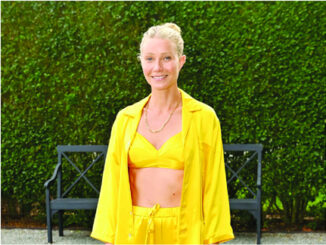From increasing your vitamin D levels to boosting your mood, sunlight can improve your health in numerous ways. But unprotected exposure to the sun can be unhealthy. The sun produces harmful ultraviolet (UV) radiation that can cause problems like sunburn or sun poisoning. It can also have other adverse effects, such as premature skin aging, skin cancer, and eye damage. And it’s not just the sun. Artificial sources of UV radiation, like tanning beds, are also harmful.
Daily sunscreen goes a long way toward shielding you from UV rays. But there are several other ways you can protect yourself. Keep reading for helpful skin-saving strategies. They’ll come in handy on your next beach vacation and for other outdoor activities.
Cover yourself with clothing and a hat
Covering your skin with protective clothing and a hat can help safeguard you from UVA and UVB rays. But certain clothes provide more protection than others. You can look for garments with an ultraviolet protection factor (UPF), which shows how much the fabric protects your skin from UV rays. For example, a shirt with a UPF 50 rating blocks roughly 98% of the sun’s UV rays. The Skin Cancer Foundation (SCF) requires a minimum UPF of 30 to grant its seal of recommendation for effective sun protection.
Wear sunglasses
UV radiation can also damage your eyes, eyelids, and the sensitive skin around your eyes. Luckily, wearing sunglasses can shield these areas and reduce the risk of conditions such as cataracts.
But like your clothing, not all eyewear is created equal when it comes to blocking sunlight. For example, studies suggest that goggles and large sunglasses may be more effective at protecting your eyes from UV rays than smaller sunglasses. One way to check the effectiveness of your sunglasses is with the eye-sun protection factor (ESPF®). The ESPF measures how well lenses block the transmission of light and UV reflection. If your sunglasses don’t have an ESPF rating, you can check for other factors. The American Academy of Ophthalmology recommends looking for sunglasses that block 99% to 100% of all types of UV light.
Use an umbrella
Umbrellas are not just for the rain. Using an umbrella or parasol can stop direct UV rays from hitting your skin. But research shows that they don’t block scattered or diffused UV rays, which may be common at the beach. So this shade-producing tool is most effective when you use it in combination with other sun-protecting strategies, like wearing sunscreen and protective clothing.
Eat foods that provide sun protection
There are plenty of good reasons to adopt a healthy diet, including keeping your skin healthy. A healthy diet rich in antioxidants and omega-3 fatty acids can promote healthy skin.
Many foods contain antioxidants. These nutrients can help prevent cellular damage.
© The Indian Panorama





Be the first to comment